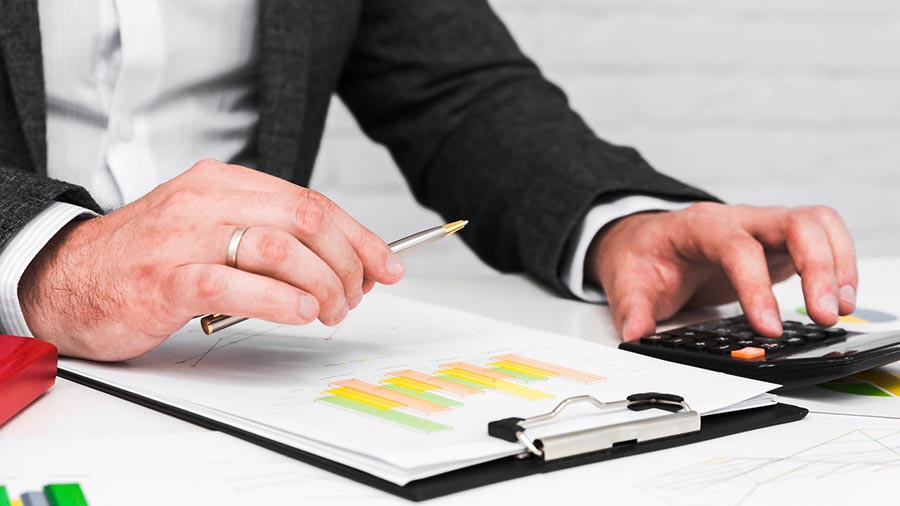
Corporate Tax (CT)
Corporate Tax is a direct tax imposed on the net income or profit generated by corporations and other entities through their business operations.
Mainland companies pay 9% Corporate Tax on all net income or profit above AED 375,000 (US$102,000) or more per annum – for more information visit the Federal Tax Authority.
There are some categories of companies which are exempt from Corporate Tax if they meet certain conditions, including extractive businesses, non-extractive natural resource businesses, and qualifying investment funds. If your enterprise falls in these categories, consult the Federal Tax Authority's guidelines or speak to a tax specialist.
Free zone companies are not subject to Corporate Tax on Qualifying Income.
VAT is a 5% consumption tax imposed on goods and services (with some exemptions), collected and accounted for by businesses at the point of sale on behalf of the government.
Businesses in the UAE must register for VAT under two circumstances:
If their taxable supplies and imports exceed AED 375,000 (US$ 102,000) per year, or
If a non-UAE-based business makes taxable supplies in the UAE without another person responsible for paying the due tax.
VAT registration is optional for businesses with supplies and imports exceeding AED 187,500 (USUS$ 51,000) annually.
All mainland companies are subject to the UAE’s VAT regime.Some free zones, or areas within free zones, are “Designated Zones”: the sale of goods between two designated zones incurs no VAT, while the sale of goods from these zones to the mainland does incur VAT.
VAT returns are filed regularly through the Federal Tax Authority's electronic portal within 28 days after the end of the tax period for each type of business. The standard VAT period is quarterly for businesses with an annual turnover below AED 150 million (US$40.8 million) and monthly for businesses with an annual turnover of AED 150 million (US$40.8 million) or more.
Transfer pricingTransfer pricing (TP) refers to how goods and services sold from one division or subsidiary of a company to another part of the company are priced.
TP rules in the UAE largely follow the guidance from the OECD TP guidelines. Transactions between related parties must be conducted on an arm’s length basis, in accordance with the methods prescribed under the Corporate Tax law.
Organisations that satisfy set thresholds are required to prepare and maintain TP documentation.
Real Estate Transfer FeesWhen a property is transferred from a seller to a buyer, the sale is subject to a 4% Real Estate Transfer Fee (plus an administrative fee), payable to the Dubai Land Department when the transaction is recorded.
Typically the buyer pays this fee, but it is common for buyer and seller to negotiate how the fee will be split between them.
Excise TaxCertain goods have had an excise tax levied on them since 2017, in order to discourage their consumption. The current goods subject to excise tax are:
Tobacco and tobacco products: 100%
Liquids used in electronic smoking devices and tools: 100%
Electronic smoking devices and tools: 100%
Energy drinks: 100%
Carbonated drinks: 50%
Sweetened drinks: 50%
There are more specific sub-categories within each of the above – contact a tax specialist if you will be involved in the sale of any of these goods.